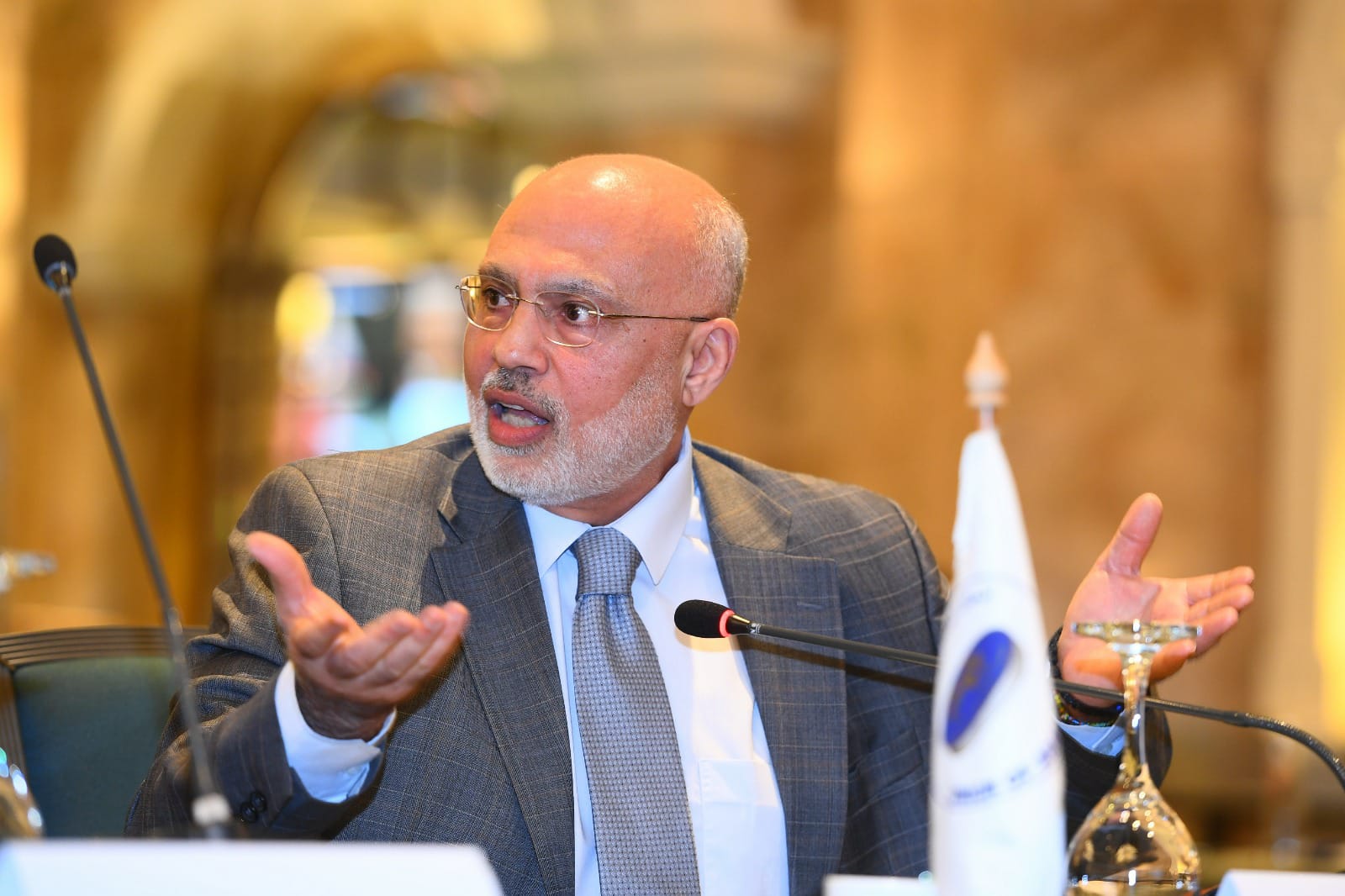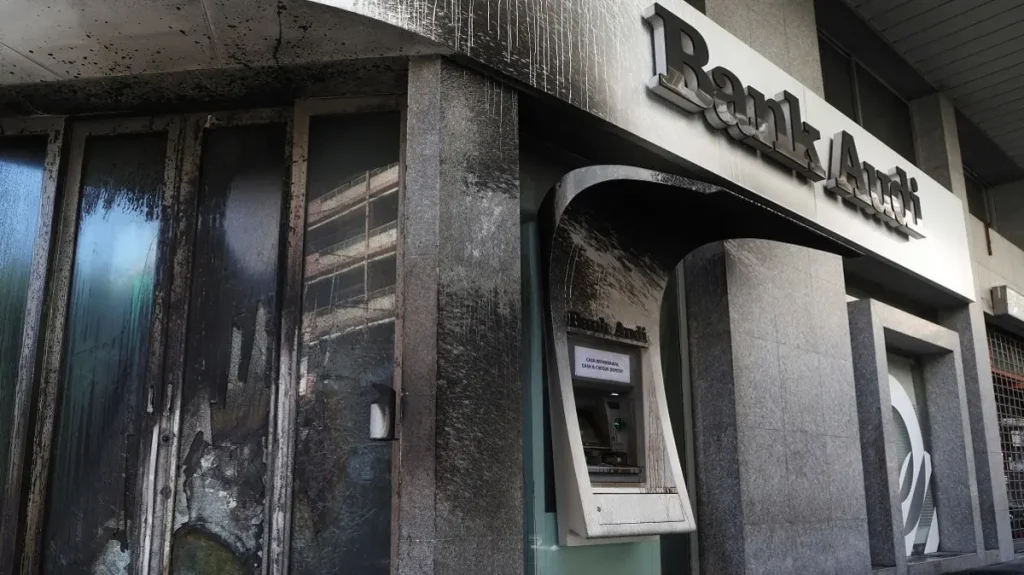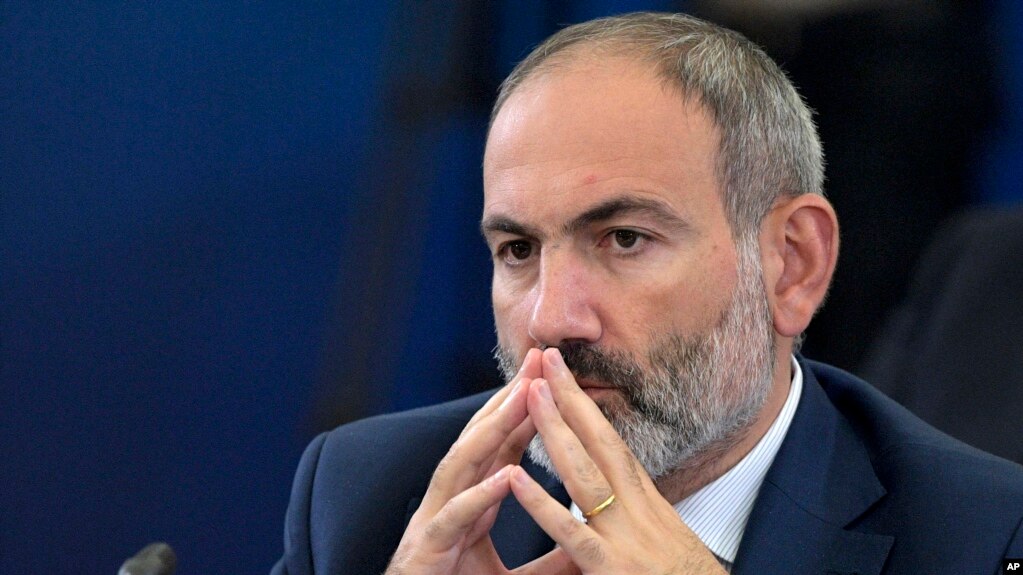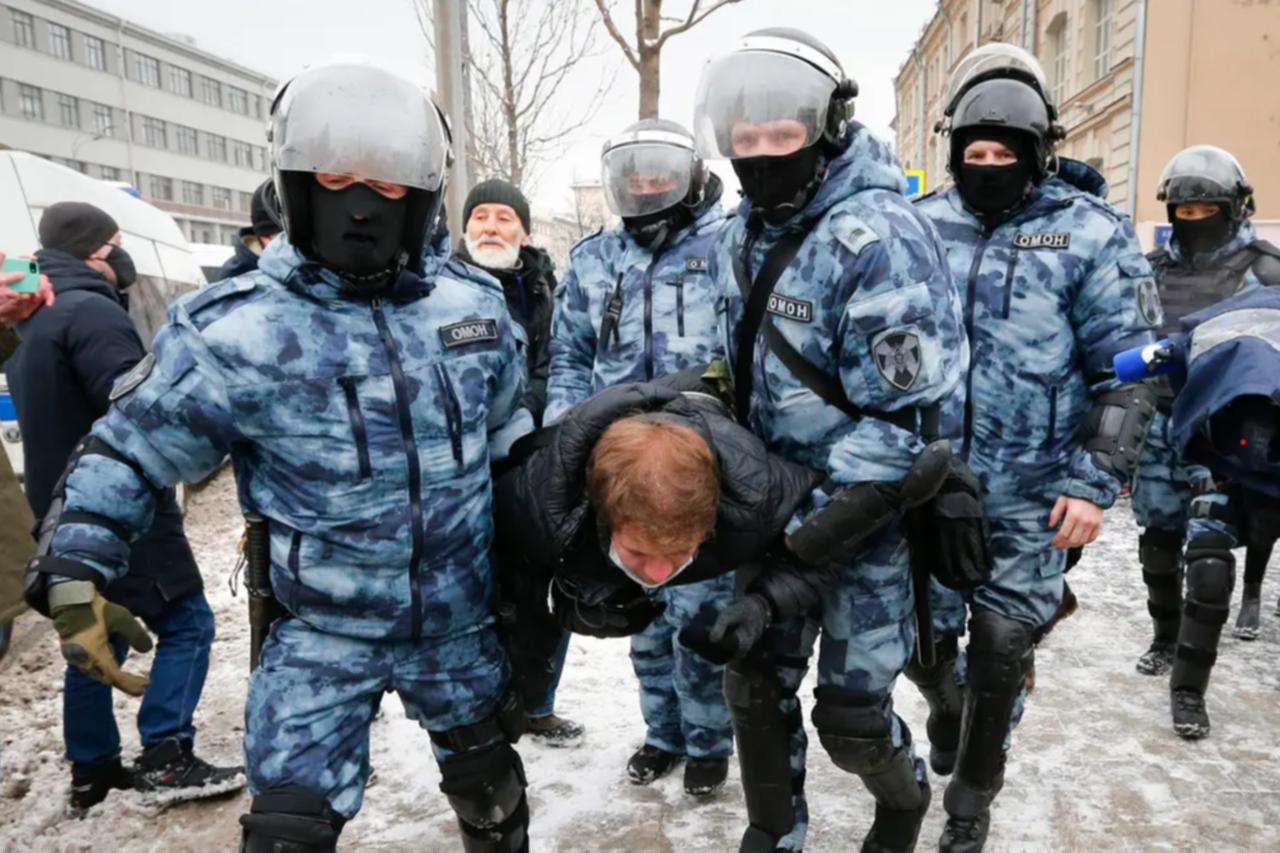
Various questions linger: what’s been happening in the banking sector? Is it just a hiccup? Or a banking crisis? If it is the latter, is it near the end, or is this just the beginning?
By Mohammad Ibrahim Fheili
The great financial crisis of 2007-2009 exposed a wave of banking scandals, triggering financial instability and eroding public confidence in banks. Societal frustration mounted at regulators’ perceived inability to hold executives accountable for failures within their banks.
The developing events in recent weeks in the US and Europe are a testimony of failure. Failure to address the root cause of the crisis and failure to secure the much-needed financial stability. Banking is a confidence trick.
Financial history is littered with runs because banks can only survive if enough depositors want to be repaid simultaneously. The trick, therefore, is to ensure that customers never have a personal cause to pull away their cash from their banks.
When Lebanon walked out of the fifteen-year civil war, the true face of some bankers and the banks operating in Lebanon started to show. Many banks collapsed due to unethical conduct (institutions don’t get unethical, Executives do) and excessive risk-taking with little attention to capital adequacy, liquidity and solvency.

Then, Lebanon had abundant resources and managed to absorb the losses that resulted from these failures. However, the nation’s regulators and lawmakers failed to address the root cause of the problems effectively. Instead of holding those responsible accountable for their wrongdoing, which borders on being criminal, most of those Executives (behind these failures) moved on to populate the regulatory, banking and political landscapes—the main reason they were rendered more influential than before.
All this could not have been possible without the close coordination between and agreement of all sides: the bankers, the regulators, and the political class. Their presence contaminated the Lebanese financial landscape and got the economy to where it is today under the watchful eyes of the members of the international community.
A larger-scale crisis re-emerged in 2019 with almost the same faces behind it. The institutions are fine; the real problem is with the people behind these institutions. Such a problem was more comprehensive than in Lebanon. The 2007-2009 global financial crisis exposed the breeding grounds of unethical and misconduct in the economic domain.
The latest victim of misconduct is Deutsche Bank. The sell-off started with Deutsche Bank, a German lender that has, over the years, been dogged by trouble because of what its executives have done. Its credit-default swaps, tradable insurance against defaults on a bank’s debt, jumped to near-record levels. In response, investors dumped the firm’s shares, which fell by 14%.
Fear spread. By mid-afternoon, the Euro Stoxx 600 banks index, which contains the region’s biggest lenders, had lost 5%. This came after the collapse of Credit Suisse Bank, yet another victim of its executives' misconduct, which ended in a tie-up with UBS on March 19th; investors wondered if another fateful weekend lay ahead.
Credit Suisse Bank had made a few questionable acquisitions and had been penalised many times; the bank’s reputation was in question leading to a tremendous slowdown in all its businesses, and on 3-year average business growth for most of its segments was negative over 10% year-on-year.
On March 19th, the two great rivals of Swiss banking announced a momentous but unhappy union. After days of haggling, and years of despair, regulators tried to avert the crisis by rushing through a tie-up of banks with combined assets worth twice as much as Switzerland’s GDP.
The banking system survived, even if 167 years of Swiss banking history did not. Now, attention has turned to the impact of the hastily written terms of the deal - and the prospects for Switzerland’s new banking super-group.
As we sail to the other side of the Atlantic Ocean, the Fed has been trying to douse the red-hot embers of a crisis that began with a run-on Silicon Valley Bank (SVB). On the other hand, officials face stubborn inflation, having failed to wrestle it under control in the past year.
The blooming price level and the failure of SVB may seem related, but they are not. Inflation was caused by several factors, from pumping liquidity to dealing with the implications of Covid-19 to the Supply Chain crisis and the negative supply shock caused by the Russia-Ukraine war. Everyone knows a tight monetary policy moves to the front seat when prices blossom. SVB failed to properly assess the risks associated with investing depositors’ funds.
The tension between stabilising the financial system, which calls for support from the central bank, and reining in price pressures, which calls for tight policy, is extreme. But with two different sets of tools, the Fed is attempting to do both things. It is an improbable mission.
High inflation always prompts extreme monetary tightening. In the eighties, such monetary tightening undermined the health of “savings and loans” banks (S&Ls), consumer-savings institutions also known as “Thrifts”, which mostly lent long-term fixed-rate mortgages. They faced a cap on the rate they could pay on deposits, which led to flight. And they held fixed-rate assets.
When interest rates rose, these mortgages lost considerable value - essentially wiping out the thrift industry’s net worth. SVB and Signature Bank faced two dilemmas: the tight monetary policy and the severe downturn in the high-tech sector, in which both institutions have heavy client concentration.
The high inflation rate muddied the picture and made it look like a policy-driven banking crisis, whereas, in reality, it is a crisis driven by misconduct. It is not a banking-wide crisis because only a handful of banks collapsed on both continents. The banking system remains intact.
The depositors fleeing Silicon Valley Bank (SVB), or Signature Bank, did not ask for banknotes and coins. They wanted their balances wired elsewhere. Nor were deposits written off when the banks went under.
Instead, regulators promised to make failing banks' clients whole. Although the failure of these institutions was terrible news for shareholders, it did not reduce the aggregate volume of deposits in the banking system. On the other hand, the Swiss regulatory authorities waited too long to resolve the ills of Credit Suisse Bank.
I am thrilled with how regulators in both jurisdictions, Europe and the US, have been handling the developing events, including staying the course on combating inflationary pressure.
Today, we don't have a "banking crisis"; the truth is that we have a crisis of Bankers' misconduct resulting from years of regulatory laziness! It is an overload of misconduct, and regulators chose, for years, to look the other way.
There shouldn't be Too-Big-To-Fail banks; the regulators should clarify that there is ZERO TOLERANCE for misconduct in Systemically Important Financial Institutions (SIFI), and members of the Board and Executive Management shall be held accountable and responsible.
Disgrace and Deception! Silicon Valley Bank, Signature Bank, Credit Suisse Bank, and Deutsche Bank have much in common. Poor to non-existent risk management, weak to absent corporate governance, and executives’ misconduct are what those banks have in common. I am sure there are others, and regulators should act assertively.
Lebanese Bankers had more ethics than those failing banks' executives. Their ethics align with Lebanon's corrupt and incompetent political class. On that subject, the Bank for International Settlements (BIS) published a paper in February of 2023, “When the Music Stops – Holding Bank Executives Accountable for Misconduct”.
The paper highlights the root causes of many financial crises. It concludes: “two lasting imprints of the Great Financial Crisis (GFC) were widespread failures in corporate governance and systemic breakdowns in corporate accountability and ethics.
The result was a toxic mix of bank failures or near-failures that triggered financial instability and a global recession, causing widespread job losses and public bailouts of large financial firms. Amid the economic downturn, a cascade of misconduct scandals emerged, eroding public confidence in banks and fuelling societal anger.
As misconduct cases proliferated, supervisory authorities encountered obstacles in determining the culpability of senior executives, particularly in large banks. The dispersion of responsibility of senior executives in large firms, where decisions are taken at various levels of the firm, made it challenging to determine accountability where the wrongdoing may have occurred “under their watch”.
In addition, many prudential authorities viewed the board of directors and senior management as collective bodies, and senior executives could take cover under collective decision-making.
We exist in a day and age where risk management and regulatory supervision should be in real-time, and the management of SIFIs should be in real-time and online. Crisis in the fragile banking system spread like wildfires.







I would like to know what you think
about declaring holding charges (demurrage) on the money?
I’ve asked many times,
to many different people,
but all I get is silence.
Hopefully the new accountable
responsible Leaders,
which you say we need
to solve the problem,
hopefully they will know about
The Natural Economic Order.
President Trump does.
Trump Money with
demurrage (holding charges)
and
Freedom Cities
will show the way.
And cheers to MbS
and NEOM.
At your service,
I invite you for a discussion,
💜 Angel NicGillicuddy
Russell Lee Morris
What good is this comments section?
I asked a good important question about this article,
no response.